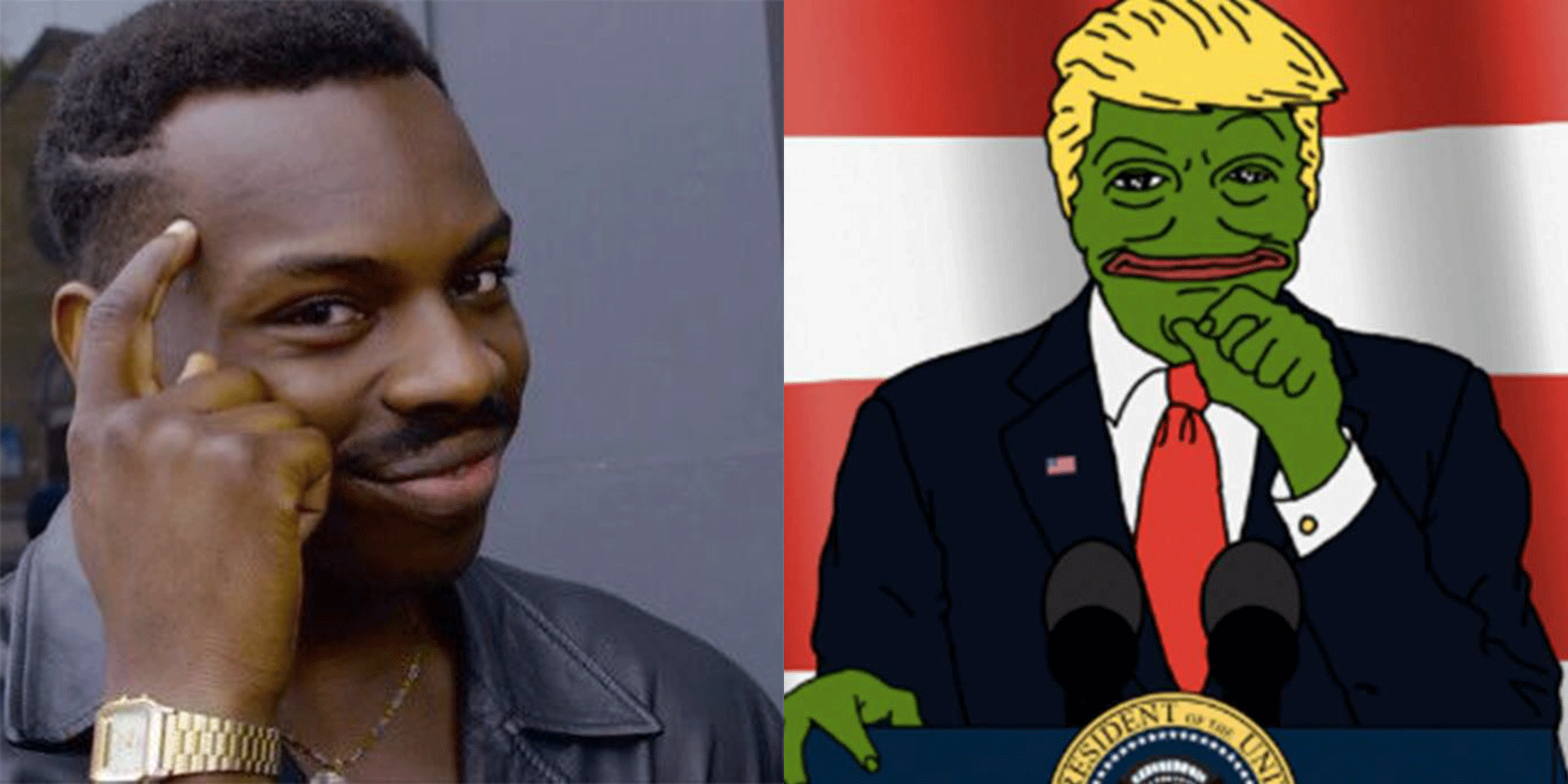New EU law could completely change how the internet works and outlaw memes, campaigners claim
'This would lead to the censorship of completely legal material'

Your support helps us to tell the story
From reproductive rights to climate change to Big Tech, The Independent is on the ground when the story is developing. Whether it's investigating the financials of Elon Musk's pro-Trump PAC or producing our latest documentary, 'The A Word', which shines a light on the American women fighting for reproductive rights, we know how important it is to parse out the facts from the messaging.
At such a critical moment in US history, we need reporters on the ground. Your donation allows us to keep sending journalists to speak to both sides of the story.
The Independent is trusted by Americans across the entire political spectrum. And unlike many other quality news outlets, we choose not to lock Americans out of our reporting and analysis with paywalls. We believe quality journalism should be available to everyone, paid for by those who can afford it.
Your support makes all the difference.The European Parliament is about to vote on a new law that campaigners claim could completely change "the free and open internet as we know it."
If passed, Article 13 would mean that large internet platforms like Facebook and Reddit would need to introduce automated filters that captured copyrighted content uploaded by their users.
It would potentially mean that tech companies would be forced to scan every single thing posted to their sites – and take down anything they think might be stolen.
Campaigners warned that one of the biggest casualties of the proposed legislation would be online memes, which often use images that are subject to copyright.
Prominent figures from the tech industry wrote an open letter to the President of the European Parliament warning that Article 13 represented an "imminent threat" to the future of the internet.
"Article 13 takes an unprecedented step towards the transformation of the internet from an open platform for sharing and innovation, into a tool for the automated surveillance and control of its users," the open letter warns.
"We support the consideration of measures that would improve the ability for creators to receive fair remuneration for the use of their works online. But we cannot support Article 13... For the sake of the internet's future, we urge you to vote for the deletion of this proposal."
The signatories of the letter, who included included inventor of the World Wide Web Tim Berners-Lee and Wikipedia founder Jimmy Wales, also questioned the legality of the proposed law by saying it might go against the European Charter of Fundamental Rights.
Others against the proposed copyright law include David Kaye, a UN Special Rapporteur and expert in freedom of expression.
In a nine-page letter published online, Mr Kaye said he was "seriously concerned" that Article 13 would result in censorship and a "regime of active monitoring."
Another opponent is Jim Killock, executive director of Open Rights Group, who said in a statement shared with The Independent: "Article 13 would create a Robo-copyright regime that would zap any image, text, meme or video that appears to include copyright material.
"This would lead to the censorship of completely legal material, including news and campaigning videos, seriously damaging free expression."
Join our commenting forum
Join thought-provoking conversations, follow other Independent readers and see their replies
Comments